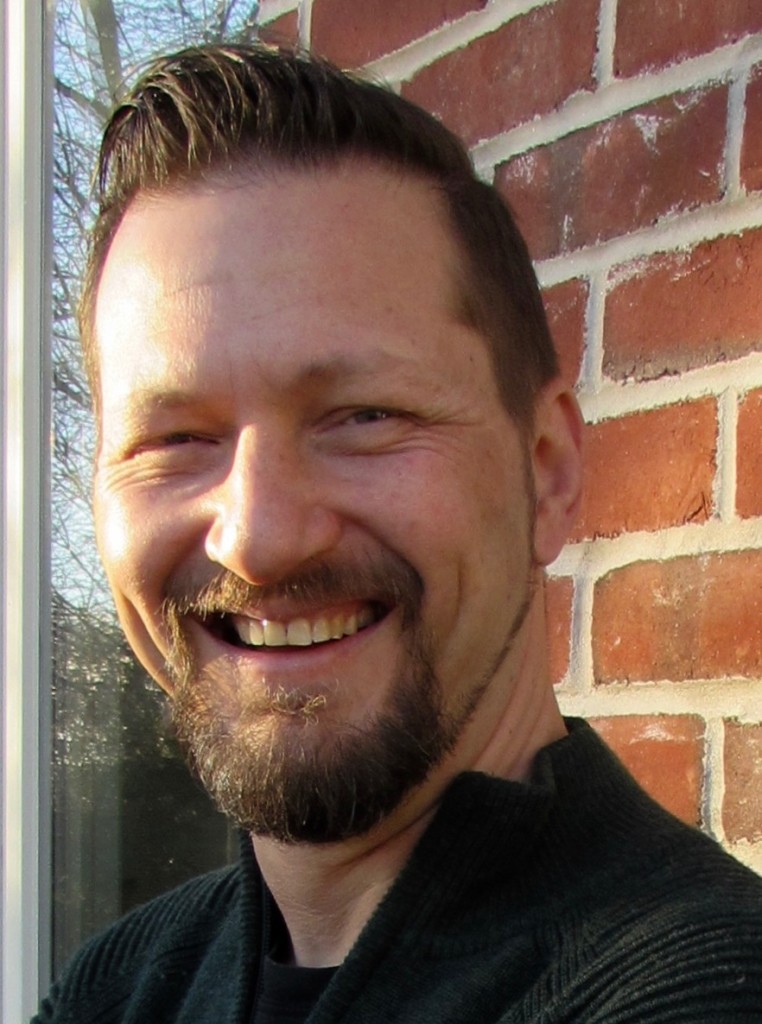 Those who have endured trauma experience unique challenges in coping with life after the fact. It may feel as though no one understands the anxiety, depression, nightmares, flashbacks, and other issues characteristic of posttraumatic stress.
Those who have endured trauma experience unique challenges in coping with life after the fact. It may feel as though no one understands the anxiety, depression, nightmares, flashbacks, and other issues characteristic of posttraumatic stress.
Because of this, people who have experienced trauma tend to avoid intimacy and closeness in relationships. While it may be difficult for a partner, family member, or friend to offer the necessary support, there are professionals who are very familiar with what it takes to heal and recover from a traumatic incident.
Clinical psychologist Robert T. Muller, PhD, wrote a book on the subject: Trauma and the Avoidant Client: Attachment-Based Strategies for Healing, which was published in 2010. As part of our continuing education web conference series, GoodTherapy.org was fortunate enough to have Dr. Muller present on “Engaging the Traumatized Client Who Avoids Closeness and Vulnerability” in April of 2011.
Recently, Dr. Muller, who is also an associate professor at York University in Toronto, Canada, shared some of his insights with us in a written interview on roughly the same topic. Specifically, he reveals the common traits associated with those who have developed avoidance-based coping strategies in response to trauma, and he discusses how to help these individuals in therapy.
GoodTherapy.org (GT): What do you think is the biggest obstacle in overcoming trauma?
Robert T. Muller (RTM): The biggest obstacle is fear. Fear of getting hurt … yet again. Fear that people who seem trustworthy aren’t. It requires great fortitude to open up and take interpersonal risks when you were hurt by the people you trusted most.
GT: Why do people with a history of trauma often have trouble in interpersonal relationships?
RTM: A client of mine once told me, “You live what you know.” When what you know is betrayal, that’s what you live.
GT: What does attachment have to do with trauma?
RTM: Humans naturally seek closeness. Trauma takes away what is most natural, making simple interpersonal contact scary and complicated.
GT: Are trauma survivors more resistant to therapy than other people who seek counseling?
RTM: No, they’re not more resistant. And they can be rewarding to work with, even inspiring. But it’s not easy. For therapists, the trick is being open to difficult painful truths: The world is often unjust, [and] good people suffer. We can’t rescue our clients from their painful histories, but we can help them gain understanding and empathy for themselves, rather than judgment and self-reproach.
GT: What kinds of therapeutic strategies work best with trauma survivors?
RTM: Relationship, relationship, relationship. With survivors of interpersonal trauma, change happens through the here-and-now relationship between client and therapist. As a therapeutic alliance develops, as the client starts to feel a connection to the clinician, this feels scary, and the person struggles as they do in all relationships: They don’t know how to trust. They may push the therapist away (because that’s easier than worrying they’ll be abandoned); they may even criticize the clinician or become angry at times. How the therapist weathers these moments in the relationship makes all the difference. If the clinician becomes defensive or critical, it’s game over. But if the therapist sees this as an opportunity, an important moment in their relationship to help the client work through the conflict between them, that’s where change really happens. The person truly learns how the world of relationships can be nonexploitative and rewarding.
GT: How can therapists engage avoidant trauma survivors in therapy?
RTM: Even clients who avoid closeness and painful feelings are in the therapist’s office for a reason. Find that reason. What’s in it for them to change? Working with them can be hard, because they’re masters at pushing people away. The trick is seeing their distancing maneuvers for what they are: fear of closeness.
GT: What do you hope therapists will take away from your new book, Trauma and the Avoidant Client: Attachment-Based Strategies for Healing?
RTM: Up to now, avoidant trauma survivors have been ignored by the field of mental health; that’s a missed opportunity. As a way of avoiding closeness, they drink, become workaholics, get addicted, overdo food or exercise, and so on. But those strategies don’t work, at least not in the long run. Ultimately, they need to experience the emotions that go along with closeness; to feel loss, sadness, pain, and vulnerability without becoming terrified of losing control or falling apart. The best tool I know is the therapeutic relationship. My book focuses on how to help clients like these by skillfully using the therapeutic relationship as a vehicle for change. What they fear is closeness, but underlying that fear is a painful longing, a yearning to feel loved. And at the end of the day, therapy is about learning how to allow yourself that gift.

The preceding article was solely written by the author named above. Any views and opinions expressed are not necessarily shared by GoodTherapy.org. Questions or concerns about the preceding article can be directed to the author or posted as a comment below.



